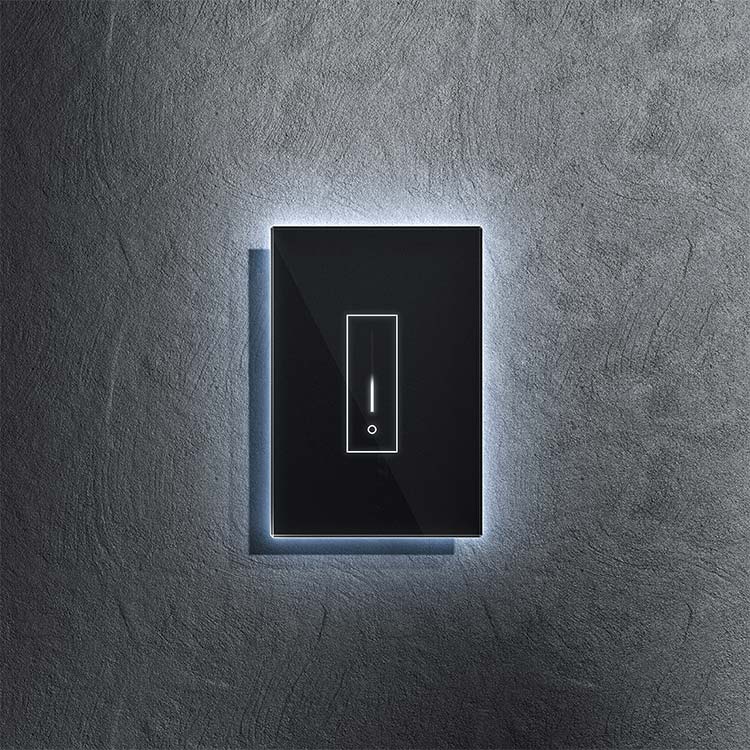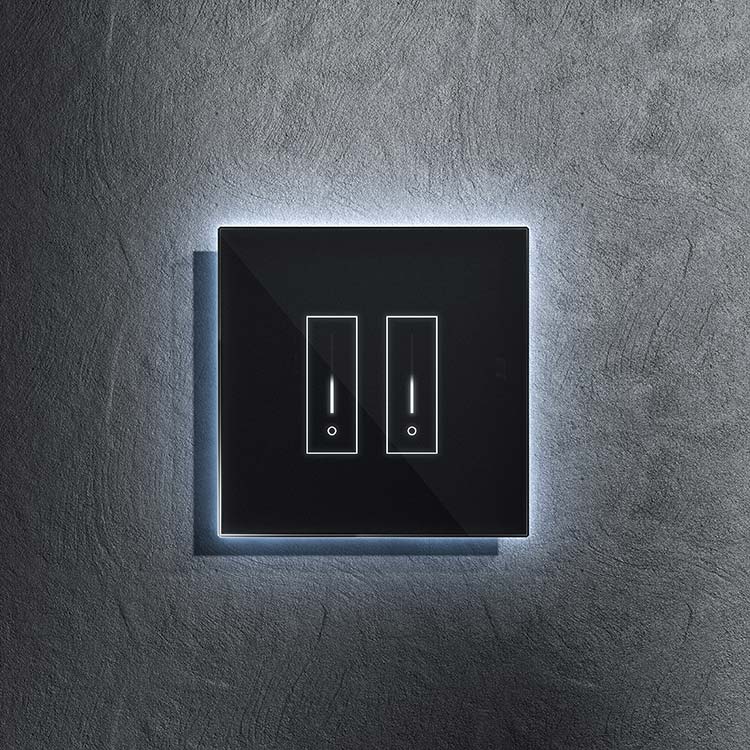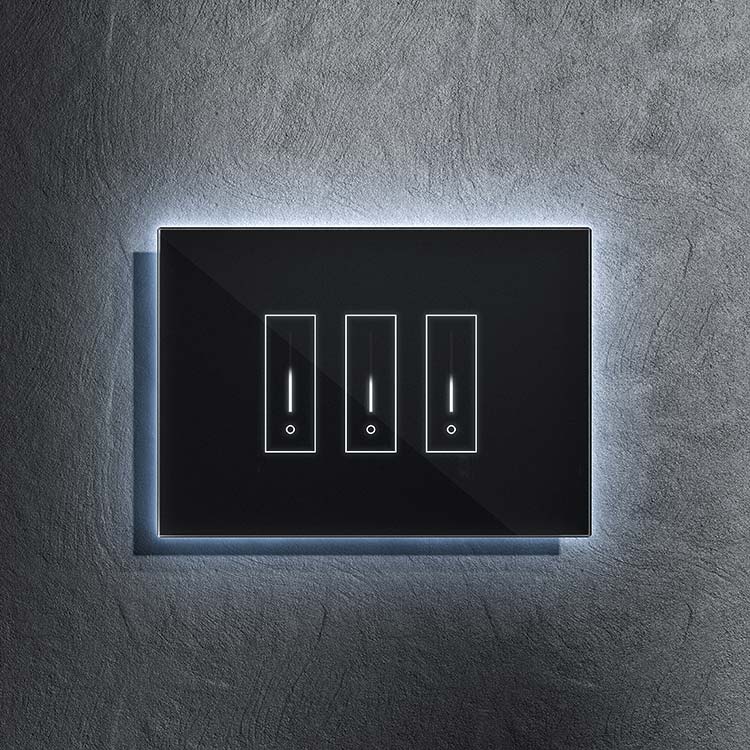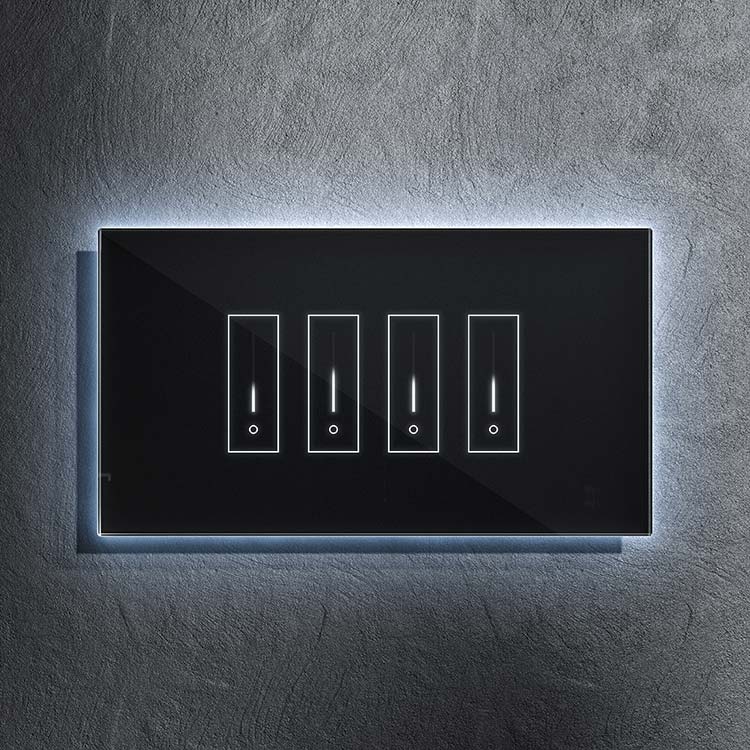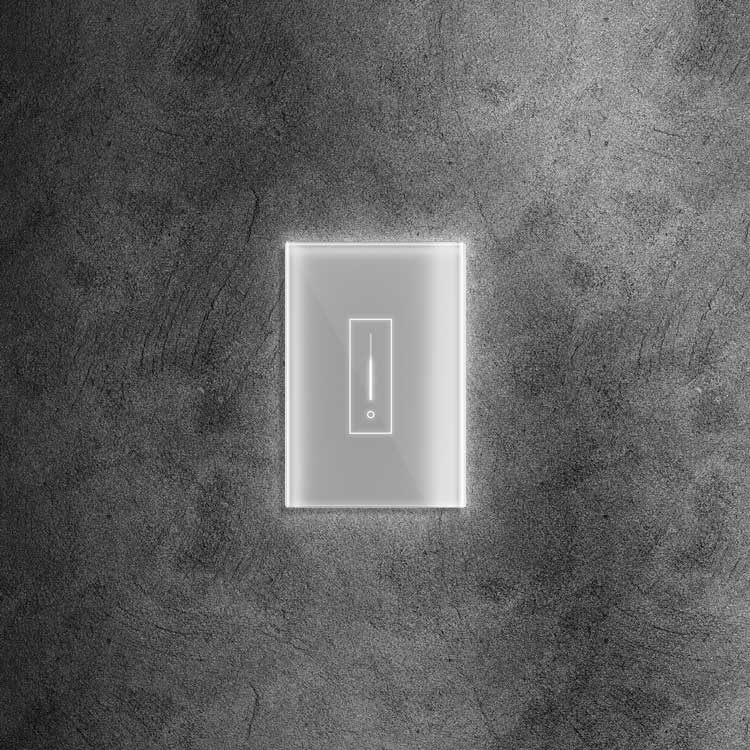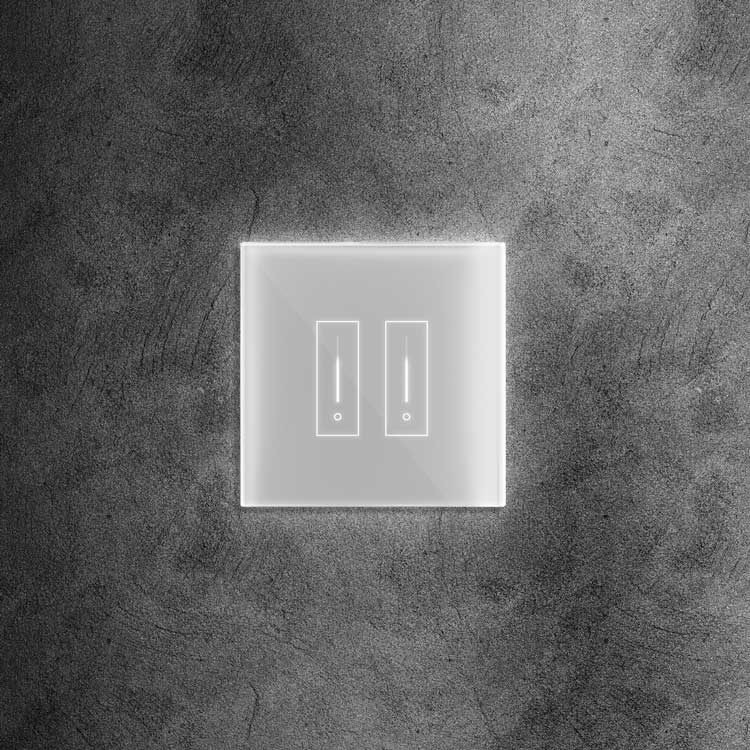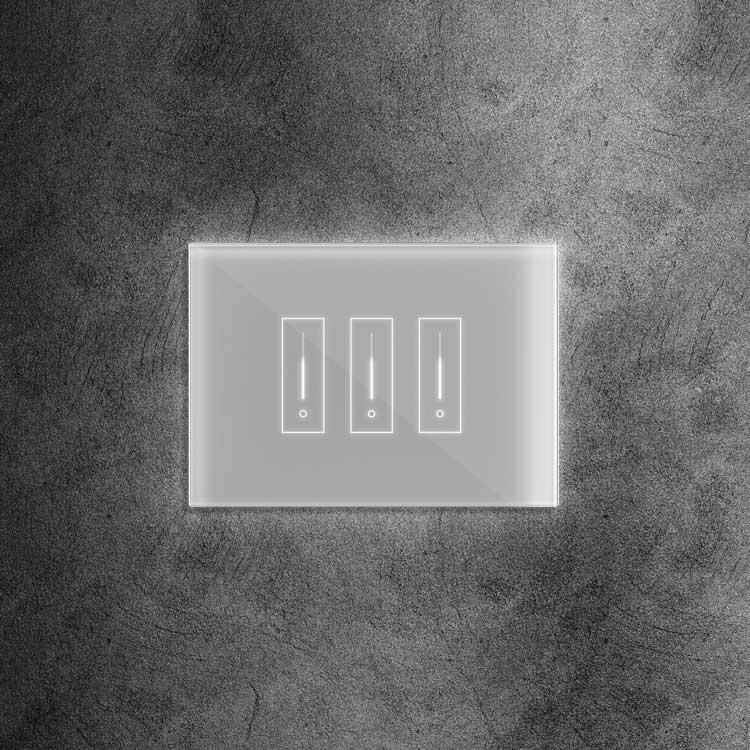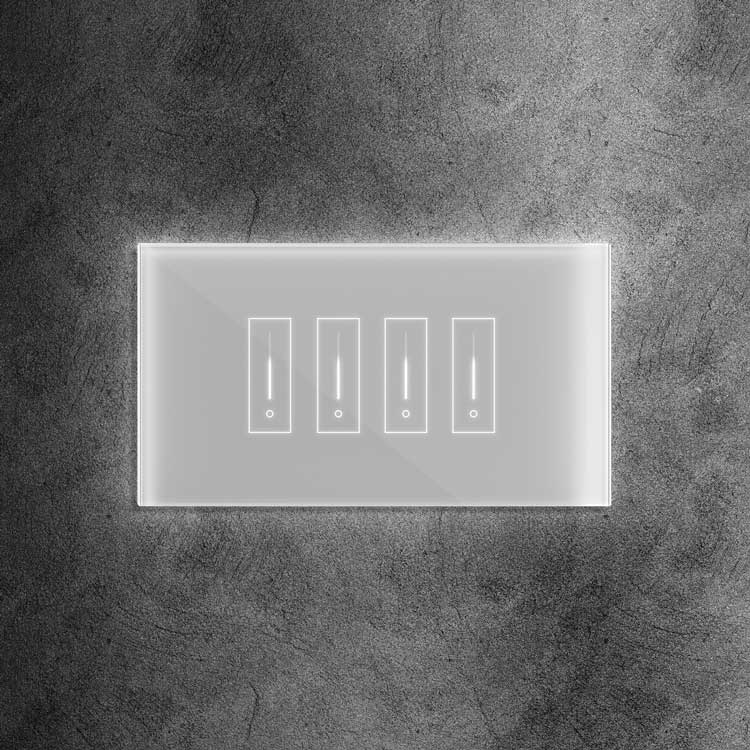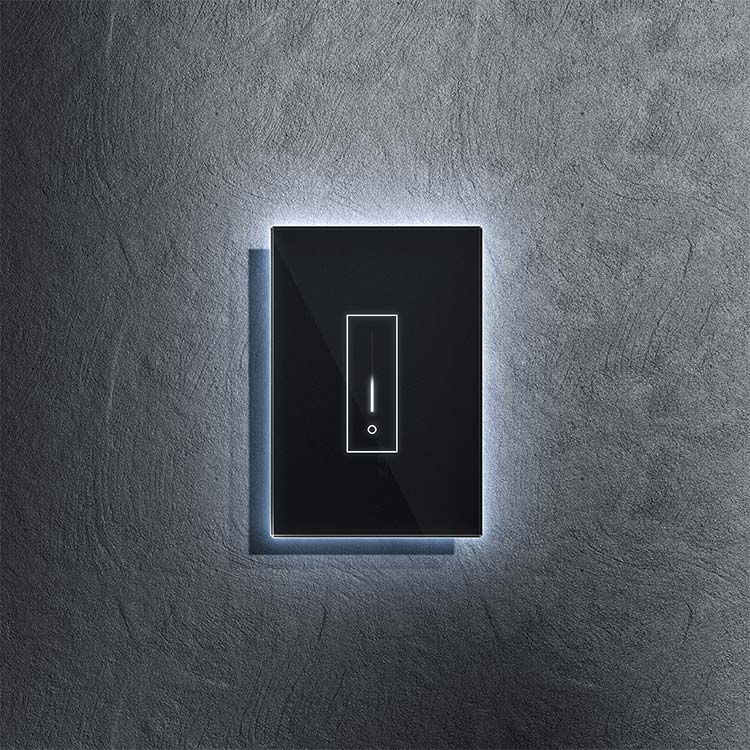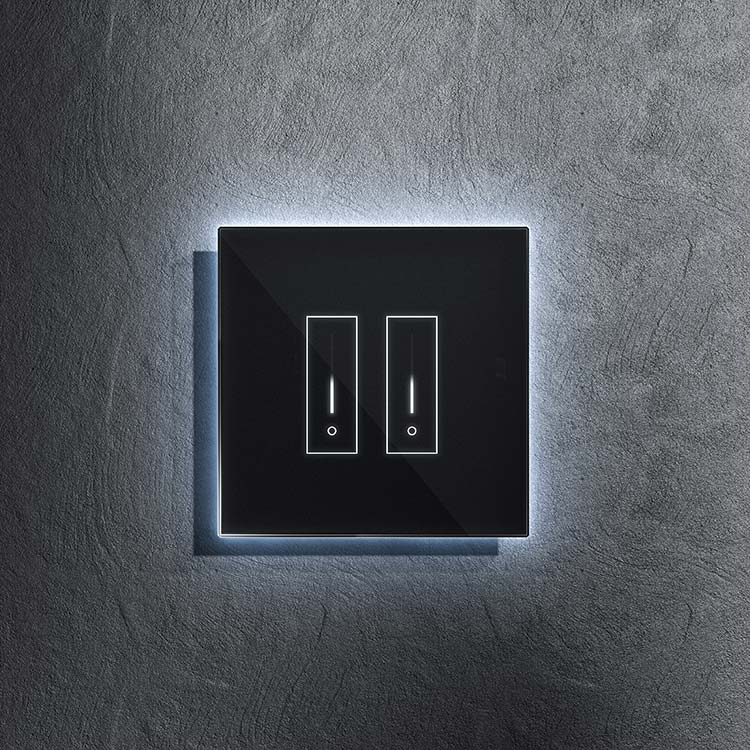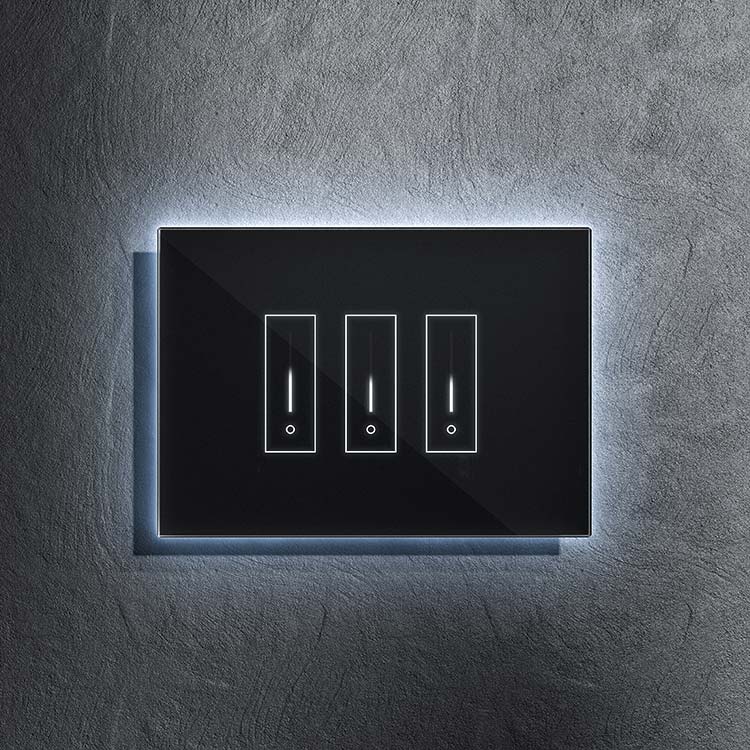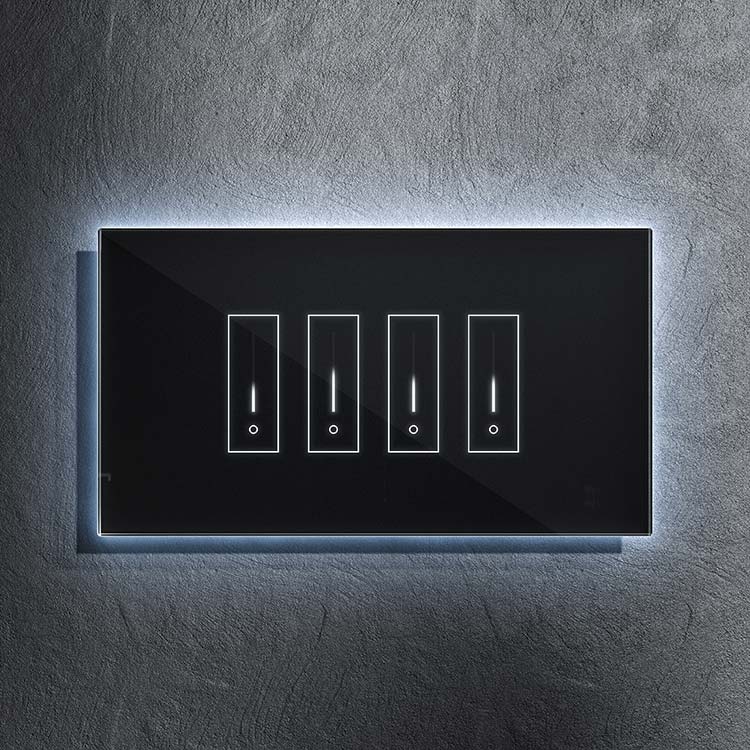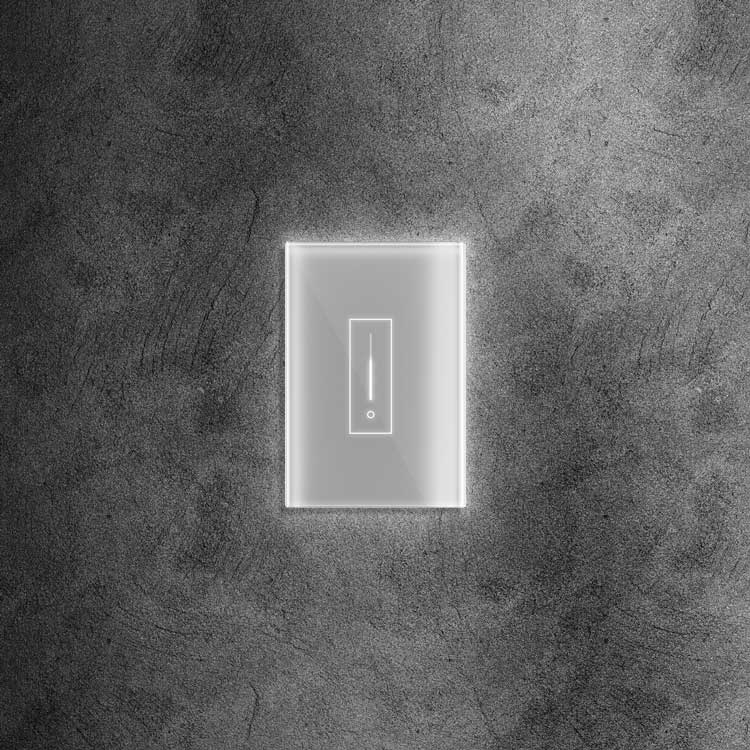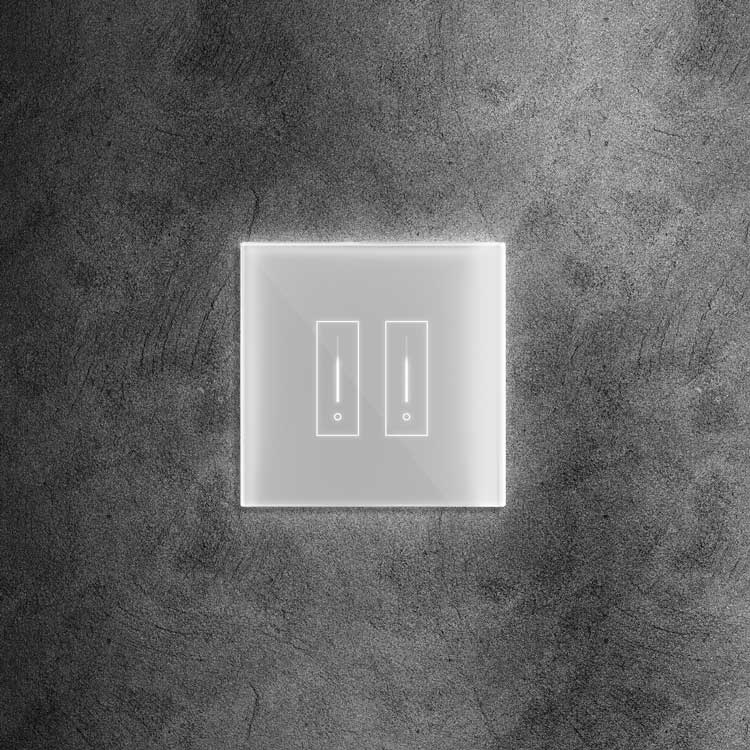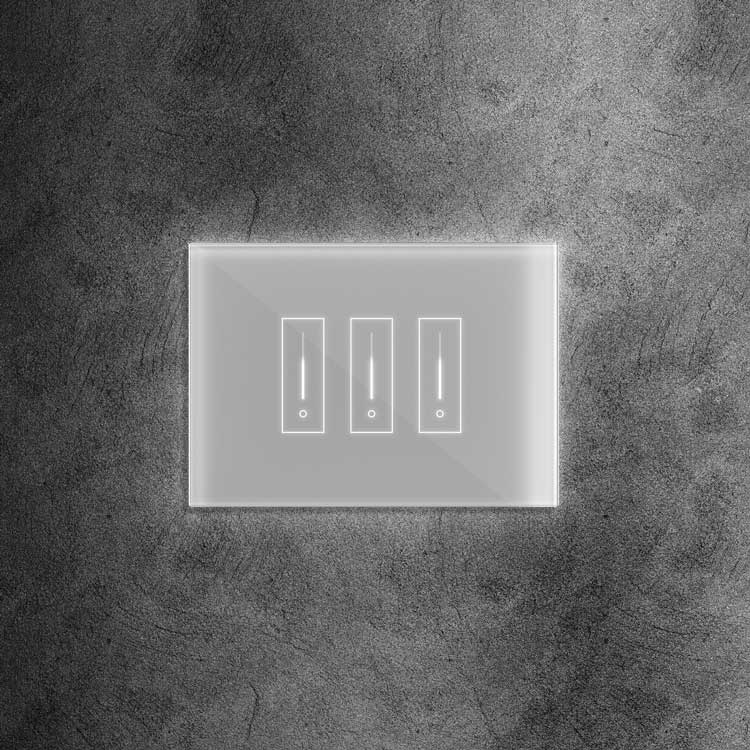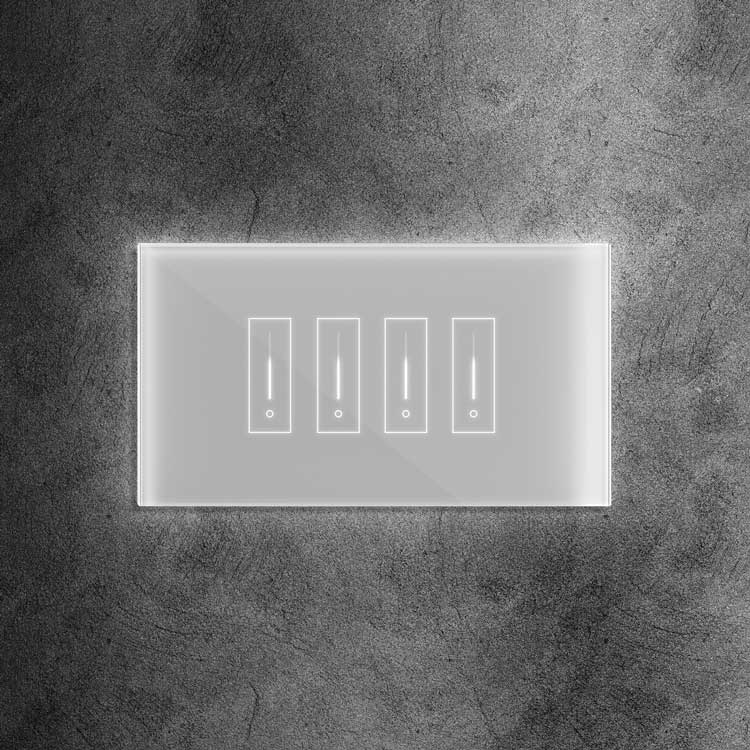Smart lights have revolutionized the way we think about lighting in our homes. These innovative devices offer not only convenience but also energy efficiency and customization options that were previously unimaginable. If you've ever wondered, "How do smart lights work?" you're in the right place. In this article, we'll delve into what smart lights are, how they operate, and why they are becoming increasingly popular for home use.
What Are Smart Lights?
Before we discuss how smart lights work, let's first understand what are smart lights. Smart lighting systems can be operated from a distance using voice commands, tablets, or smartphones. Unlike traditional lighting, which requires physical switches to turn on or off, smart lights can be managed through an app or smart home platform.
These lights often come with additional features such as dimming capabilities, color-changing options, and scheduling settings. Because of its adaptability, users may set the ideal mood for every event, including lively parties and peaceful movie nights.
How Do Smart Lights Operate?
Smart lights operate using a combination of wireless communication protocols and built-in technology. Here's a breakdown of the key components and processes that enable smart lights to function:
Communication Protocols
Most smart lights use wireless communication protocols such as Wi-Fi, Bluetooth, or Zigbee to connect directly to a central hub or a smartphone. This connectivity allows users to control the lights anywhere within the network's range.
Built-in Technology
Smart lights contain built-in microprocessors and sensors that enable them to receive and execute commands. These sensors can detect changes in light levels, motion, or temperature, allowing for automated responses like turning on when someone enters a room or adjusting brightness based on natural light conditions.
Smart Home Integration
Smart lights are appealing at home since they integrate with services like Google Assistant, Amazon Alexa, Apple HomeKit, and more. This integration enables voice control and automation scenarios where smart lights can interact with other smart devices in the home.
Benefits of Using Smart Lights for Home
Now that we've covered the basics of what smart lights are and how they operate, let's explore some of the benefits they offer for home use.
Energy Efficiency
Energy-efficient LED technology, which uses less energy than conventional incandescent or fluorescent lights, is used in smart lighting design. Features like dimming and scheduling can reduce energy consumption by optimizing light usage based on users' needs.
Convenience
With smart lights, you no longer have to get up to turn off the lights or fiddle with dimmer switches to achieve the perfect lighting level. Instead, you can control the lights effortlessly using your smartphone or voice commands, making creating the desired ambiance in any room easier.
Customization
Smart lights offer a level of customization that traditional lighting can't match. Whether you want to change the color of your lights to match your mood or schedule them to turn on and off at specific times, the possibilities are virtually endless. This flexibility allows you to personalize your home lighting experience like never before.
Enhanced Security
Some smart lights come with security features like motion sensors or the ability to simulate occupancy when you're away from home. These features can help deter potential intruders by making it appear like someone is home, providing security and peace of mind.
Choosing the Right Smart Lights for Your Home
With the growing popularity of smart lights for home use, the market is flooded with a variety of options to choose from. Here are some factors to consider when selecting the right smart lights for your home:
Compatibility
Before purchasing, ensure your smart lights are compatible with your existing smart home ecosystem. Whether you use Amazon Alexa, Google Assistant, or Apple HomeKit, it's essential to select lights that can seamlessly integrate with your preferred platform.
Features
Consider the features that are most important to you. If you're interested in color-changing options, look for smart lights that offer a wide range of colors and effects. For those focused on energy efficiency, prioritize lights with dimming and scheduling capabilities.
Budget
Smart lights come at various prices, so it's important to establish a budget before shopping. While it may be tempting to opt for the cheapest option, investing in quality smart lights can save you money in the long run through energy savings and durability.
Installation
Most smart lights are designed for easy installation, but it's still worth considering how comfortable you are with setting up new devices. If DIY installation isn't your strong suit, look for lights that offer professional installation services or detailed step-by-step guides.
Reviews and Ratings
Lastly, take the time to read reviews and ratings from other users to get a sense of the reliability and performance of the smart lights you're considering. Consumer reviews may offer insightful information about the benefits and drawbacks of each product, assisting you in making a wise choice.
Getting Started with Smart Lights
Getting started is a breeze once you select and install your smart lights. Here are some tips to help you make the most of your new lighting system:
Set Up Your Smart Home Hub
If your smart lights require a hub for connectivity, set it up according to the manufacturer's instructions. This hub will be the central control point for all your smart devices, including your lights.
Download the App
Most smart lights may be controlled from your smartphone or tablet using a specific software. Download the app from the App Store or Google Play Store, then follow the on-screen instructions to connect your lights.
Create Scenes and Schedules
Take advantage of the customization options available with smart lights by creating scenes and schedules to suit your lifestyle. You can adjust your lights automatically for a bright, energetic morning setting or relaxing evening ambiance.
Explore Voice Control
If your smart lights are compatible with voice assistants like Amazon Alexa or Google Assistant, try setting up voice commands for hands-free control. When your hands are busy or you're in another room, this function may be helpful.
Conclusion
Stylish lights have truly transformed how we illuminate our homes, offering a combination of convenience, energy efficiency, and customization that traditional lighting can't match. Knowing what smart lights are and how they work, you can decide whether they are the best option for your house.
Whether you're looking to save energy, enhance convenience, or enjoy the benefits of customizable lighting, smart lights offer a solution tailored to your needs. So, the next time you wonder, "How do smart lights work?" remember that they operate using wireless communication, built-in technology, and smart home integration to provide an unparalleled lighting experience. Given these advantages, it's no surprise that smart lights are a popular option for contemporary homes.






